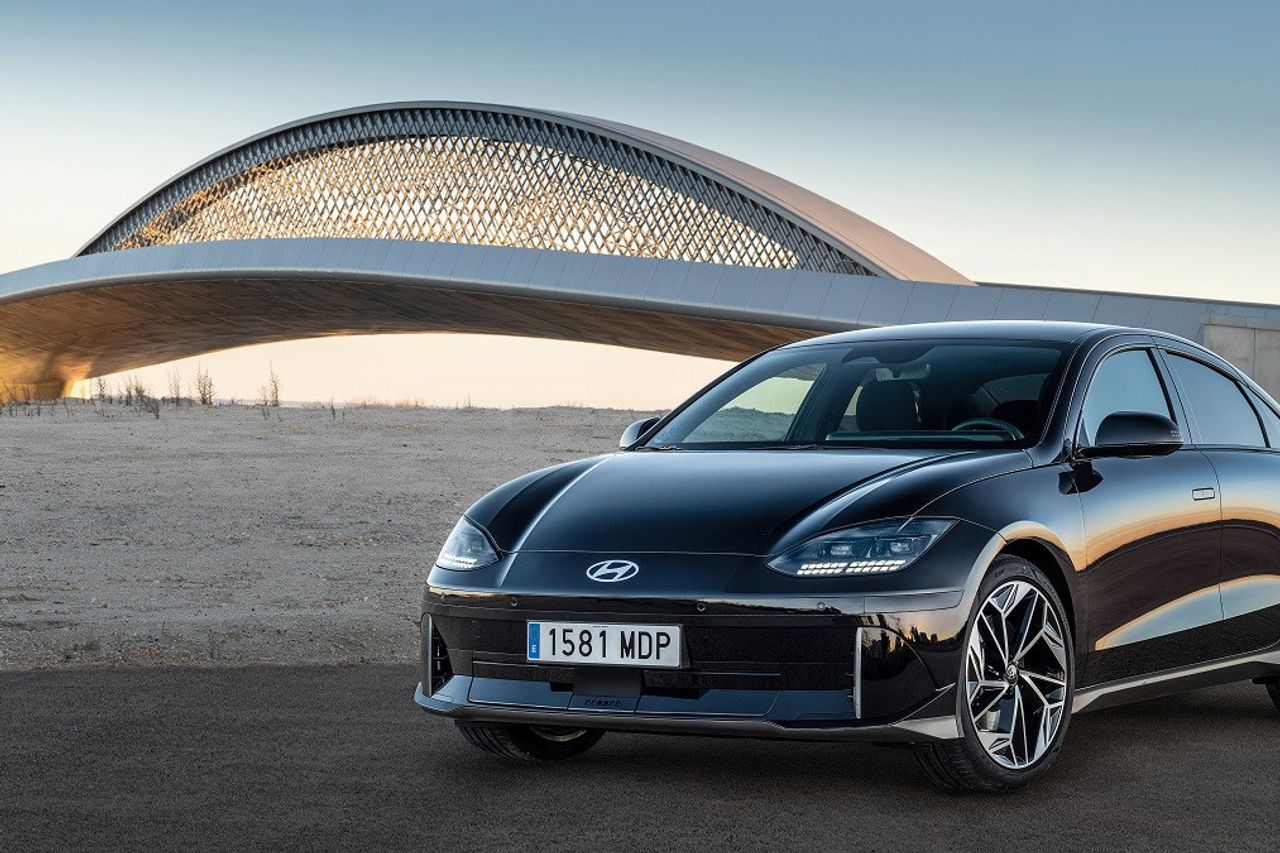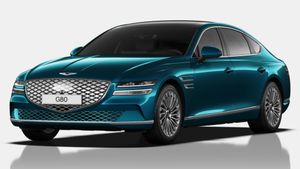Chinese Brand Sells Affordable Electric Cars In Indonesia, This Is Hyundai's Response

JAKARTA - A number of Chinese automotive manufacturers have started to attack the Indonesian automotive market in recent times, the models offered are not cheap products but are actually offered at affordable prices.
Starting from the emergence of Wuling, Chery, MG, and DFSK, several other manufacturers followed, such as Neta, Great Wall Motor (GWM), as well as the latest BYD electric vehicle giants who have long been known as leading automotive manufacturers in the global market.
The presence of Chinese cars with their advantages will clearly create competition between manufacturers and such as in the global market will trigger price wars, especially electric vehicles.
Then how about manufacturers like Hyundai whose markets are also quite strong in Indonesia?
Chief Operating Officer of PT Hyundai Motors Indonesia (HMID) Fransciscus Soerjopranoto said that Hyundai will not follow this trend, but will expand the electrification ecosystem by improving product quality and services.
"If you look at GIIAS last year there was one brand taking out a car at that price, the next day another competitor will launch a cheaper product. Well, Hyundai doesn't play like that," said Soerjo during an interview with the media during a breaking of the fast together at Senayan, Jakarta, Wednesday.
SEE ALSO:
Soerjo also said that currently his party will focus on developing an electrification ecosystem and will provide a variety of products with better prices, services, and quality.
"We will continue the two ecosystems, first the charging station and then the second we also enter upstream is the battery factory. That is followed by introducing new products to play a role in filling segments that are still empty," concluded Soerjo.
Currently, Hyundai will take advantage of the local battery cell assembly facility in Karawang, West Java, operated by HLI Green Power.
The South Korean company claims that its production activities reach 10 GWH per year or the equivalent of the production of 150,000 EV units and it is hoped that this can accelerate the development of Indonesian electric vehicles.


